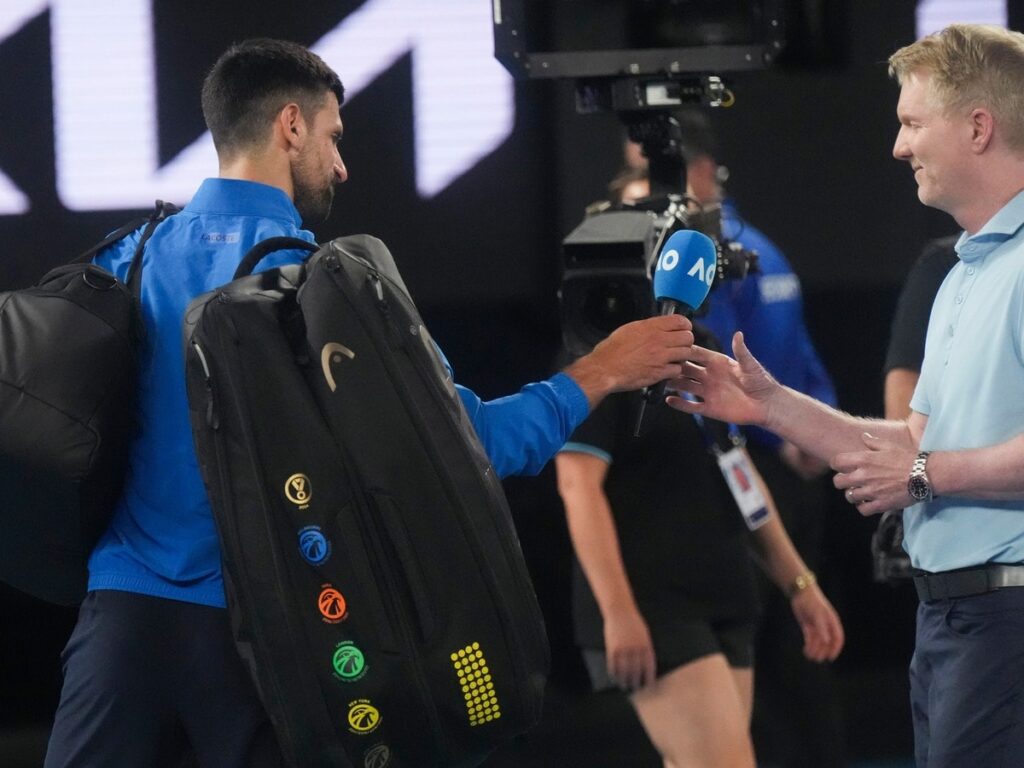The Australian Open is one of the most prestigious tennis tournaments in the world, attracting the best players from across the globe. In 2025, the tournament saw a significant stir when Serbian tennis star Novak Djokovic decided to boycott interviews. This decision came in response to controversial comments made by an Australian broadcaster regarding Djokovic and his home country. The incident raised eyebrows and sparked discussions about the relationship between athletes and the media.
Background of the Incident
Novak Djokovic, a well-respected figure in tennis, has had his share of controversies, but his decision to skip media interactions during the Australian Open 2025 stemmed from hurtful remarks made by broadcaster Tony Jones. These comments not only disrespected Djokovic but also seemed to undermine the support of his fanbase in Serbia and abroad.
Media’s Role in Sports
The relationship between athletes and the media is crucial and can sometimes be fraught with tension. Interview opportunities often serve as platforms for athletes to connect with their fans, but when journalists misrepresent or insult players, it can lead to serious repercussions.
Aftermath and Apology
In the wake of Djokovic’s decision, Tony Jones faced backlash from both fans and fellow media members. The criticism indicated a need for sensitivity and respect when discussing personal and national identities in sports. As a result, Jones issued a public apology, acknowledging the hurt caused by his remarks and expressing regret for any distress it may have caused Djokovic and his supporters.
Impact on Djokovic and His Career
Djokovic’s decision to boycott media interactions highlights the increasing tension in the sports industry regarding how athletes are portrayed. Such incidents can impact a player’s mental health and public image significantly. Djokovic’s choice to stand up for himself and his heritage demonstrates the importance of athletes advocating for respect and understanding in their professional lives.
Conclusion
The events surrounding Djokovic’s interview boycott during the Australian Open 2025 underscore the delicate balance between athletes and the media. As the landscape of sports journalism continues to evolve, it’s crucial for broadcasters to be mindful of their words, as they can have far-reaching effects on athletes and their reputations. Promoting open communication and cultural sensitivity in sports journalism is essential for fostering a supportive environment for all athletes, regardless of their background.
